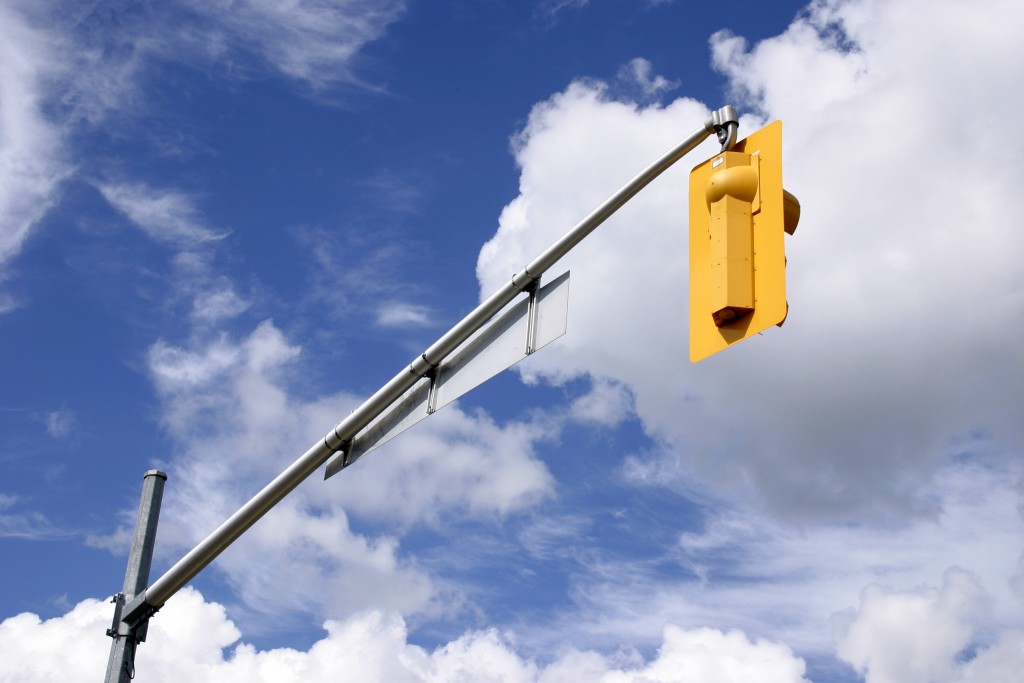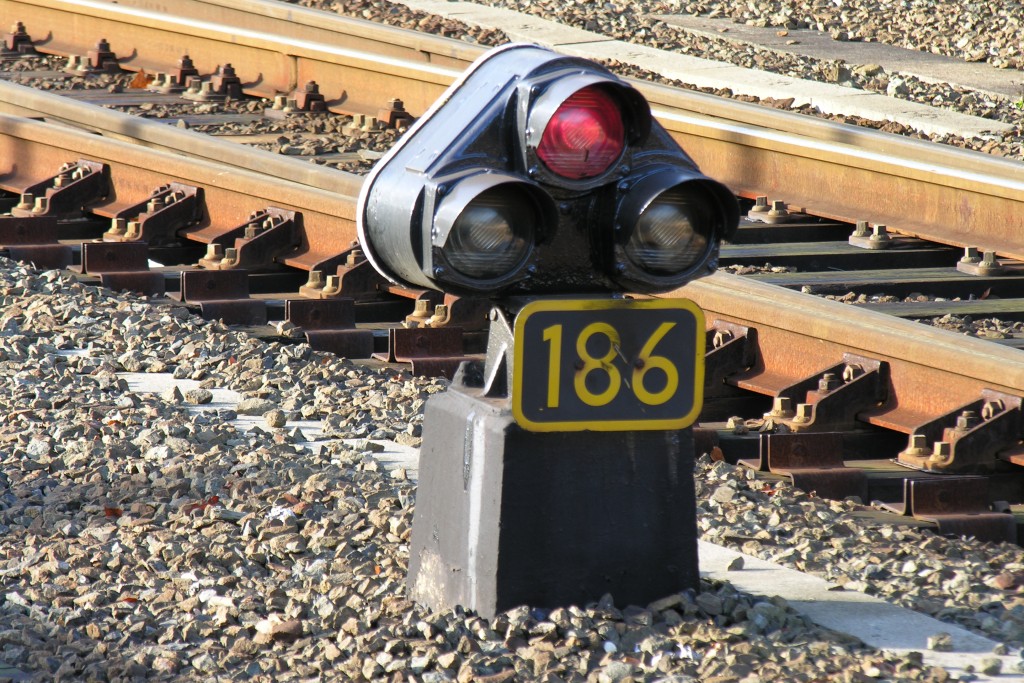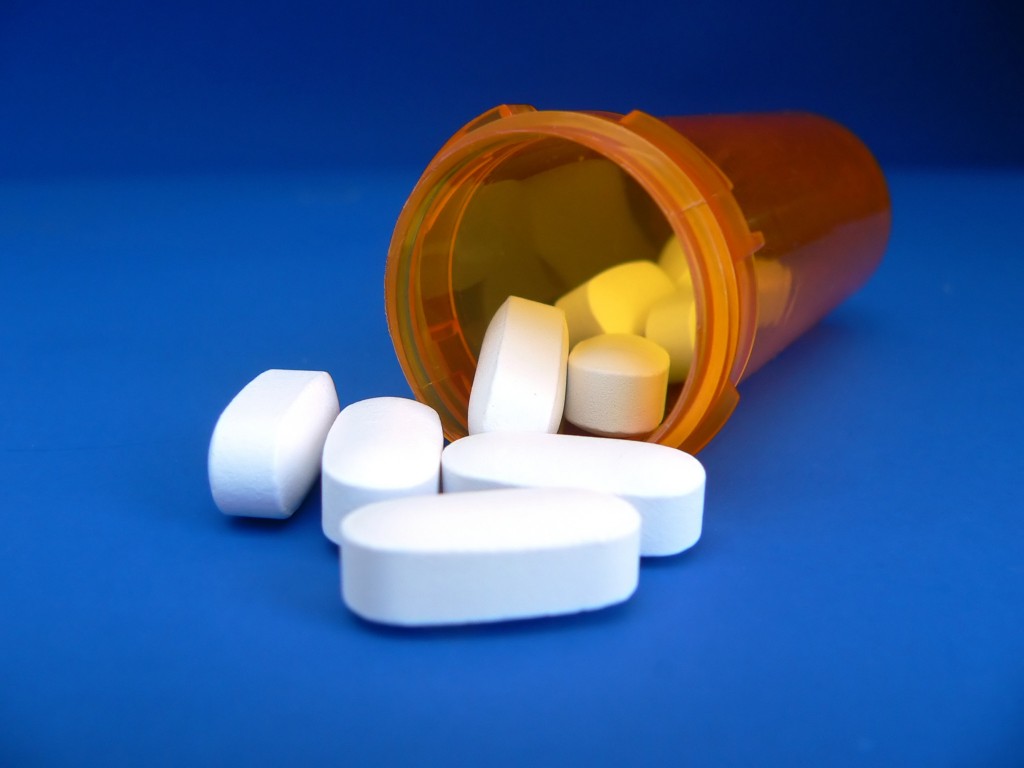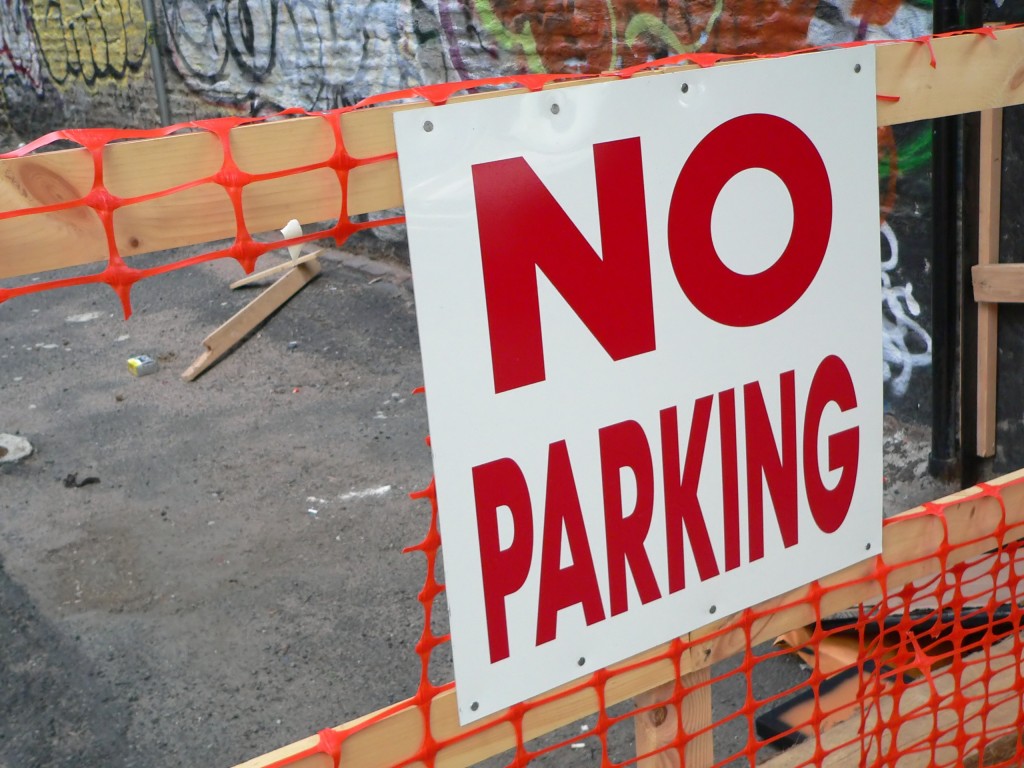by Glenn R. Swift
We all know the image some folks have of Floridians. Remember that thing with the “hanging chads” some time back? Well… A recent poll showed that only 40% of Florida drivers pass the state’s driving test on the first crack. Maybe ours is just really hard!

So, the big question is… How would you do? For the record, the Florida Driver’s Test covers everything from speed limits and insurance laws to DUI, that is, the laws with regard to what to do in an accident, passing other vehicles, parking laws, pedestrians, etc. Below is a sample of 36 questions from a pool of hundreds that are randomly selected for the driver’s test by the Florida Department of Motor Vehicles. To pass, you need to answer 26 out of the 36 questions correctly.
Be sure to let us know how you did! (No cheating…)
1.In the state of Florida, driving is a privilege, and, if one of the following conditions occurs, you could lose your license:
A: Your license is suspended or revoked in any state.
B: Drug or alcohol addiction
C: All of the above
D: None of the above
 2. You are driving toward a railroad crossing that does not have gates or lights. A train is approaching, but there might be just enough time for you to cross the tracks before it arrives. You should:
2. You are driving toward a railroad crossing that does not have gates or lights. A train is approaching, but there might be just enough time for you to cross the tracks before it arrives. You should:
A: Slow down, stop at the crossing and wait for the train to cross in front of you.
B: Speed up and drive faster than the speed limit, so that you have more room to get across the tracks before the train arrives.
C: Continue driving at the speed limit, and see if you can make it across the tracks ahead of the train.]
3. A license can be suspended if:
A: You do not stop for a school bus.
B: You do not have insurance on your vehicle.
C: You fail to pay child support.
D: A and C only
4. A license must be revoked if you are found guilty of or DMV records show:
A: Driving under the influence of alcohol, drugs or other controlled substances
B: Not stopping to give assistance when your vehicle in a crash causes death or personal injury
C: Three (3) major offenses or 15 offenses for which you receive points within a 5-year period
D: All of the above
5. Fines are doubled when infractions occur within a school zone or construction zone.
A: True
B: False
6. Your license can be suspended if you receive:
A: 12 points within a 12-month period
B: 18 points within a 18-month period
C: 24 points within a 36-month period
D: All of the above
7. Your license can be suspended for 30 days if you receive:
A: 12 points in one year
B: 20 points in one year
C: 25 points in two years
D: 30 points in two years
8. Drivers under the age of 18 who accumulate four or more points within a 12-month period will:
A: Have their license revoked
B: Have their license restricted for one year to business driving only
C: A and B only
D: None of the above
9. A DUI conviction will remain on your driving record for 75 years.
A: True
B: False
10. Drug and alcohol consumption shows effects such as:
A: Perfect vision
B: Slow reaction
C: Impaired judgment
D: B and C only
11. Zero tolerance states that any driver under 21 years of age who has a breath or blood alcohol level of .02 or higher will automatically have their driving privilege suspended for one year.
A: True
B: False
12. Zero tolerance states that any driver under 21 years of age who refuses to take a breath analyzer test will automatically have their license suspended for one year.
A: True
B: False

13. People who drive after drinking may risk:
A: Heavy fines
B: Loss of license
C: Jail sentence
D: All of the above
14. It takes 30 minutes for alcohol to reach your brain and affect your judgment while driving.
A: True
B: False
15. Alcohol affects people negatively by:
A: Improving their judgment
B: Slowing reflex and reaction time
C: Sharpening vision
D: Improving car control
16. It takes three alcoholic drinks to affect your driving.
A: True
B: False
17. If you plan to drink alcohol while out, plan ahead so that you do not drink and drive by:
A: Appointing a designated driver who is not drinking
B: Use public transportation or a cab
C: A or B
D: None of the above
18. In the state of Florida, the Implied Consent Law means that you have agreed to take a blood, urine or breath test if requested by a law enforcement officer who suspects you’re under the influence of alcoholic beverages or drugs.
A: True
B: False

19. Prescription drugs never affect your ability to drive.
A: True
B: False
20. Which emotions may negatively impact your ability to drive well?
A: Happy
B: Angry
C: Depressed
D: B and C (correct answer)
21. Which of the following violations could put you in jail:
A: Giving false statements to an officer or in a courtroom
B: Failing to make a crash report
C: Allowing an unlicensed person to use your car
D: All of the above
22. In Florida, you are required to have the following motor vehicle insurance:
A: Financial Responsibility Law
B: No-Fault Law
C: Homeowner’s Insurance
D: A and B only
23. If you do not have the proper motor vehicle insurance, your license can be suspended for:
A: Up to 30 days
B: Up to 1 year
C: Up to 3 years
D: Not at all
24. The Florida No-Fault Law states that drivers must have insurance policies with a minimum of $10,000 for Personal Injury Protection (PIP) and $10,000 for Property Damage Liability (PDL.)
A: True
B: False
25. If you are in a traffic accident, it is your responsibility to:
A: Stop
B: Report the crash
C: Move your car if it is blocking traffic
D: All of the above
26. Florida law only requires passengers in the front seat to wear seat belts.
A: True
B: False
27. What is the number one violation drivers are convicted of?:
A: Running a stop sign
B: Speeding
C: Talking on a cell phone
D: Passing illegally
28. If you double the speed of a car, you increase its force of impact by ___ times:
A: Zero
B: One
C: Four
D: Twenty
29. In Florida, who has the right-of-way:
A: The driver on the right
B: The driver on the left
C: No one
D: Everyone
30. At stop signs, you must yield the right-of-way to all other traffic and pedestrians.
A: True
B: False
31. On a two-way street or highway, if a school bus is stopped and has the bus signal on you must:
A: Stop until the bus signal has been withdrawn.
B: Stop, then proceed with caution.
C: No need to stop, just slow down when passing the bus.
D: None of the above
32. On a four-lane road, only drive in the left lane if you are overtaking and passing another vehicle.
A: True
B: False
33. When passing another vehicle you should:
A: Stay a safe distance behind the vehicle you’re going to pass
B: Give your signal before changing lanes
C: Return to the right side of the road once you see the vehicle you passed in your rearview mirror
D: All of the above
34. You may not pass when:
A: At intersections
B: A solid yellow line is painted on your side of the center line
C: Within a 100 feet of a bridge or railroad crossing
D: All of the above

35. Parking is not allowed in the following areas:
A: Within 15 feet of a fire hyrdrant
B: In front of driveways
C: On sidewalks
D: All of the above
36. If you break the law or become an unsafe driver, your license can be:
A: Suspended
B: Revoked
C: Canceled
You need answers! That means you’re not sure! OK….Sign up for our monthly e-newsletter just below the flashing banner on the right-hand side of our Home Page at www.owwmedia.com, and we’ll send you the key!
